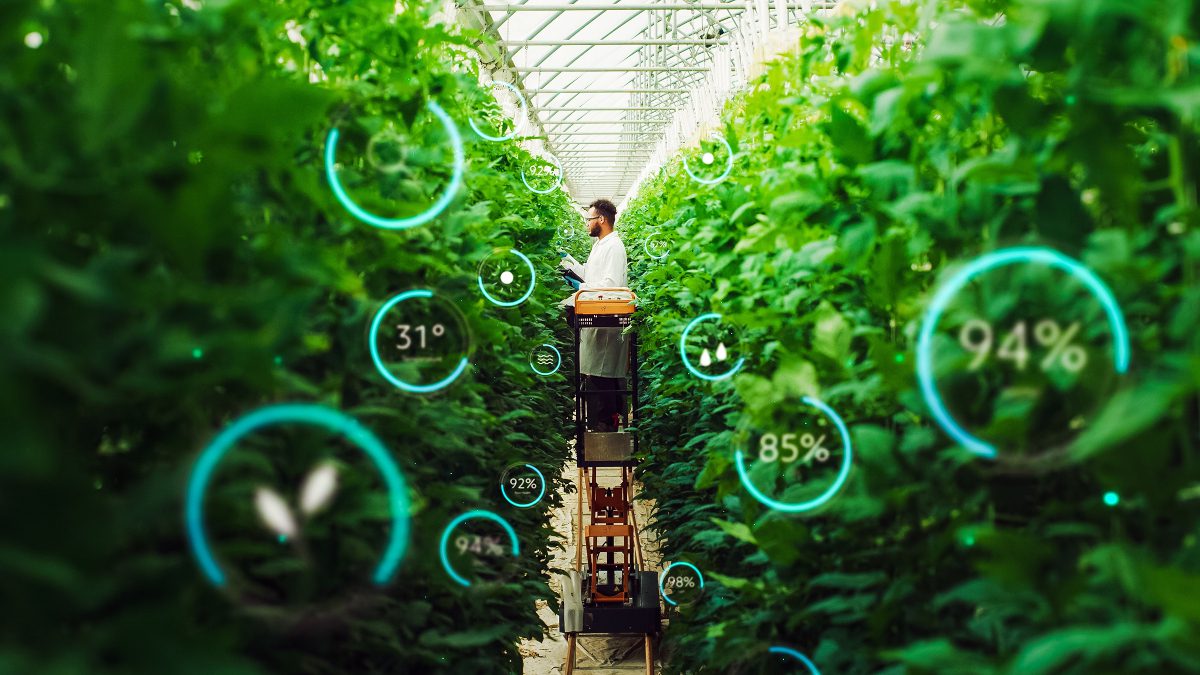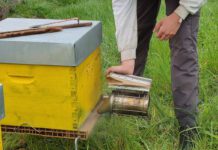
Growing lettuce on stacked shelves in high-tech greenhouses could be as good for the environment as growing them in fields and could save 8,000 hectares of land in the UK, according to a new study from the University of Surrey and the University of Aberdeen.
Researchers studied a vertical lettuce farm in the UK. They found it produced the equivalent of 740g of carbon dioxide (CO2) per kilo of lettuce. This was comparable to growing in a field – but used a lot less land.
Dr Zoe M Harris, co-author of the study and a Senior Lecturer at Surrey’s Centre for Environment and Sustainability, said:
“Our findings show that vertical farms can help reduce the climate impact of farming, especially if their electricity comes from renewable sources.
“Vertical farming uses about 28 times less land than traditional farming methods. If all lettuce fields were replaced with vertical farms, we could save over 8,000 hectares in the UK alone.
“That could free up land to grow other crops. Vertical farms can also be built in cities, significantly reducing the impact of transporting the crop to the people who eat them.
“Our study is an important first step towards demonstrating the impacts of vertical farming being greener than first thought, despite only having a limited data range available.”
In vertical farms, shelves of crops like lettuce or herbs are stacked on top of each other in a controlled environment. Plants can grow without soil – drip-fed with nutrient-rich water or even with mist sprayed onto their exposed roots.
In the lettuce farm studied, electricity use made up nearly 40% of its total climate change impact. As such, the climate impact of vertical farming depends a lot on how that electricity is generated.
The researchers also studied other environmental impacts like land use, water use, and water pollution.
Michael Gargaro, a researcher at Surrey’s Centre for Environment and Sustainability, said:
“One of the biggest environmental impacts came from the jute plugs the lettuce seeds are grown in. They made up 18% of the climate change impact, as well as the lion’s share of the water pollution and land use too.
“Using another material could make a vertical farm even more sustainable. Future research should consider alternatives like coconut fibre, hemp or perlite.
“We hope this study inspires further research into the sustainability of the food sector.”
The link to the study can be found here.







